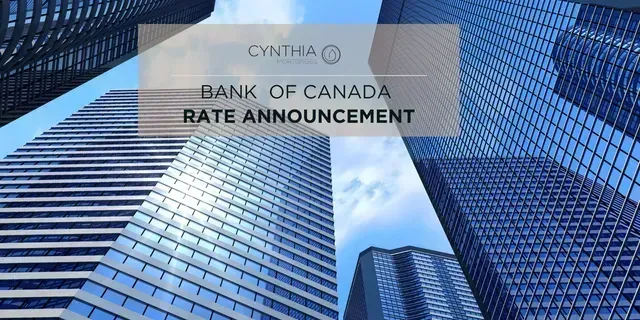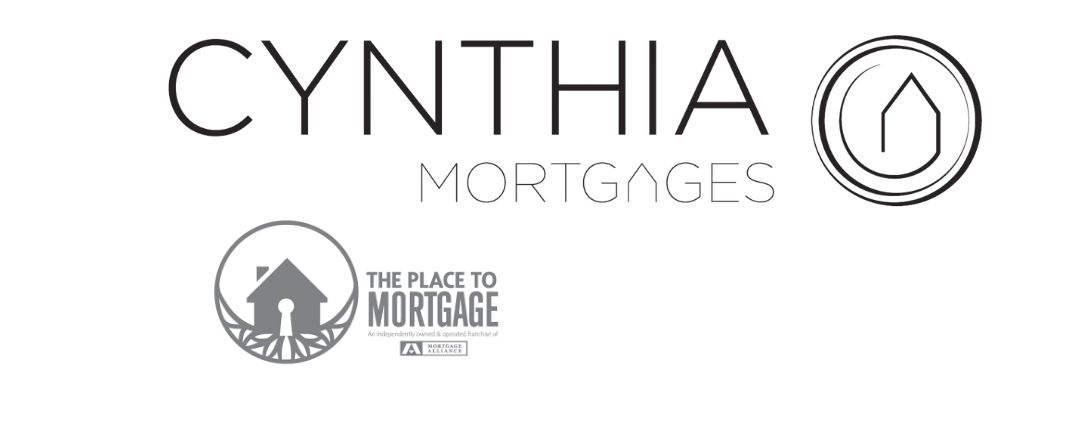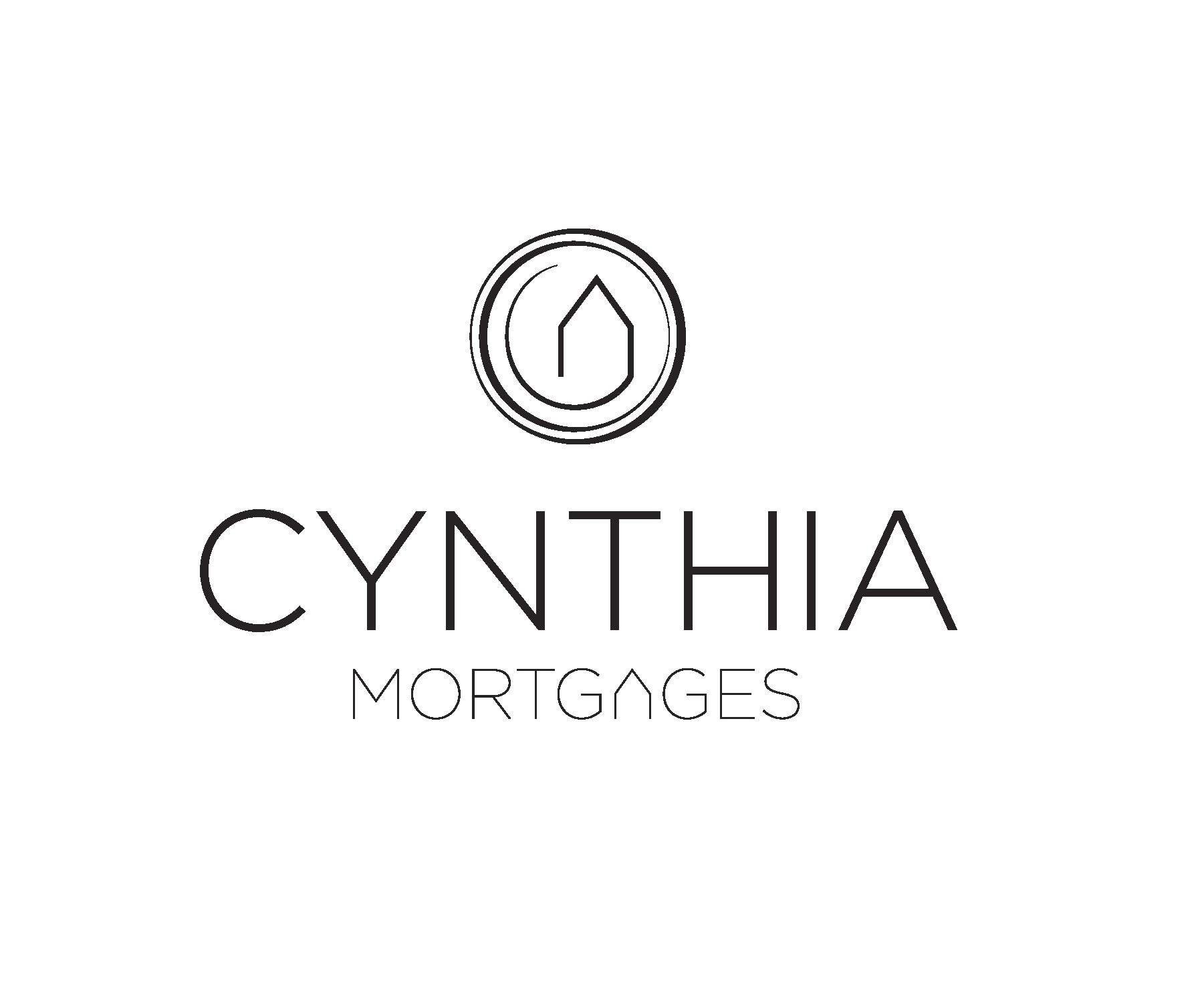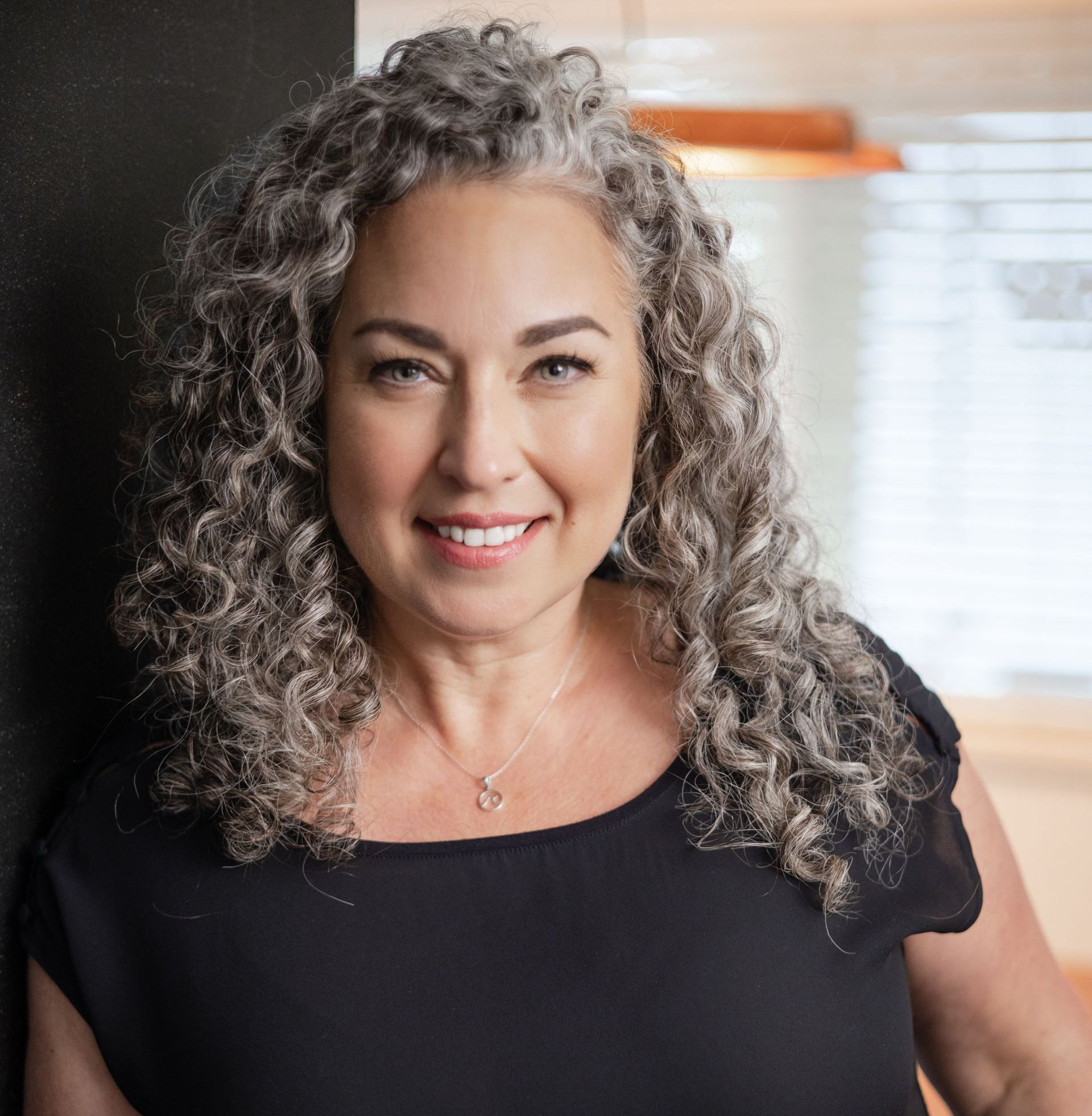Navigating The Housing Market
If you’ve been thinking about buying a property, whether that be your first home, next home, forever home, or a home to retire into, the current state of the Canadian economy might have you wondering: Is this really the right time to make a move? There is certainly no shortage of doom and gloom in the news out there.
The truth is, that’s a tough question to answer in the best of times. It’s nearly impossible to know for sure what’s going to happen next with the housing market in Canada. It could heat up or it could cool down.
So here’s some advice. Instead of basing your buying decision entirely on external market factors, like the economy or housing market, consider looking for the answers internally. When you stop looking at the market to determine your timing to buy a home, and instead examine the personal reasons you have for wanting to buy a home, the picture can become much clearer.
Here are some questions to consider. Although they are subjective, they will help bring you clarity. Ask yourself:
- Does buying a property now put me in a better financial position?
- Do I make enough money now to afford a new home and maintain my lifestyle?
- Do I feel confident with my current employment status?
- Have I saved enough money for a down payment?
- How long do I plan on living in this new home?
- Is there any scenario where I might have to sell quickly and potentially lose money?
- Does buying a property now move me closer to my life goals?
- Do I really want to buy now or am I just feeling a lot of pressure to just buy something?
- Am I holding back because I'm scared property prices might drop soon?
There’s no doubt that buying a home can be stressful, but it doesn’t have to be. Having a plan in place is the best course of action to help you make good decisions and alleviate that stress.
If you’d like to have a conversation to discuss your plans, ask some questions, and map out what buying a home looks like for you, we can address many of the unknowns together.
The best place to start is to work through a mortgage pre-approval. There is no cost for this service, you’ll learn exactly what you can qualify for, and it will provide a lot of clarity about your situation.
You might decide that it’s best to wait before buying, and that’s just fine. You might find that now’s a perfect time for you to buy! If you'd like to talk, please connect anytime. You’re not in this alone. We can work through everything together.








